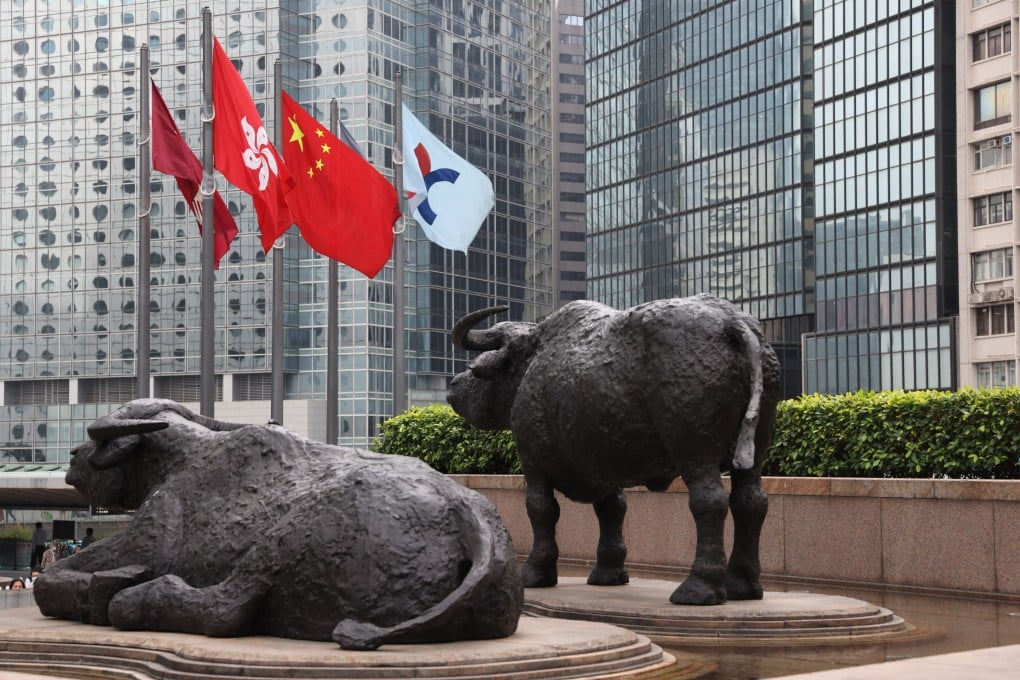Hong Kong stocks may reverse losing streak in 2024 on likely Fed rate cut, China policy support: HSBC Jintrust
- Earnings of Hang Seng Index companies is expected to rise more than 9 per cent next year, according to HSBC Jintrust Fund Management
- The benchmark has shed 45 per cent since touching a near-record high on February 17, 2021

Hong Kong stocks could end their longest correction in 15 years in 2024, as US monetary policy easing boosts risk appetite and corporate earnings improve on China’s economic recovery, according to HSBC Holdings’ mainland China fund-management venture.
The city’s stock benchmark has shed 45 per cent since touching a near-record high on February 17, 2021. It has slumped 14 per cent this year, making it the worst-performing prominent stock index globally, as China’s recovery faltered after the promise of the economic reopening fizzled out, and overseas investors shifted their focus to the US and other Asian markets such as Japan and India.
“Hong Kong stocks have a chance of a turnaround from the long-running headwinds,” HSBC Jintrust said. “Liquidity may see significant improvement in the middle of the year. The Fed’s dovish stance will strengthen the downtrend in the yield on longer-dated US bonds. The worst of the liquidity squeeze because of the Fed’s tightening has already passed.”
HSBC has a 49 per cent stake in the Shanghai-based asset-management firm, which oversees 35 mutual funds with 45.6 billion yuan (US$6.4 billion) in assets. Its Hong Kong Stock Connect Selected Equity Fund has lost 26 per cent of its value this year.